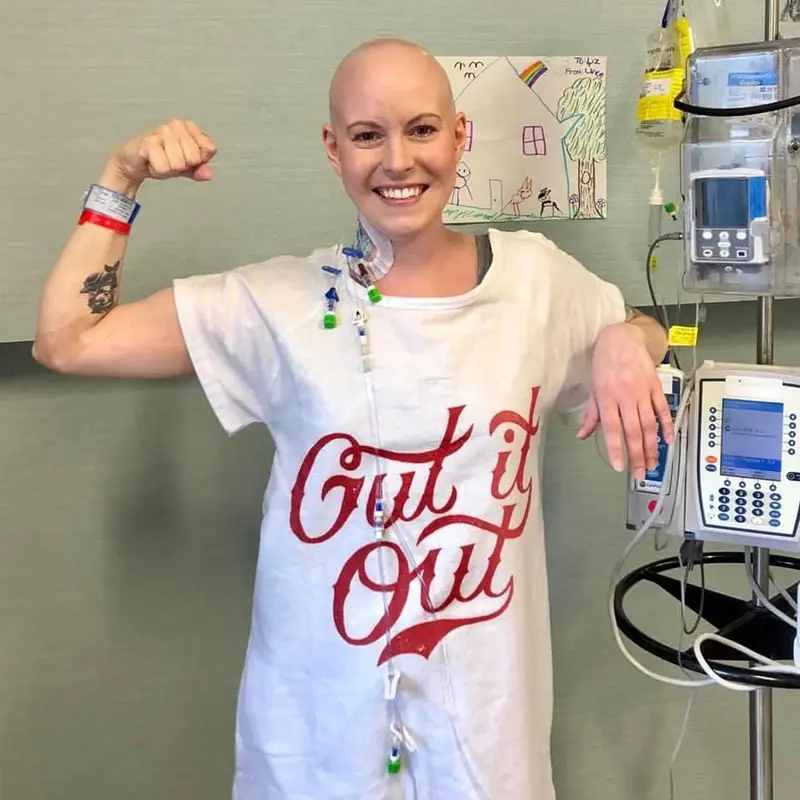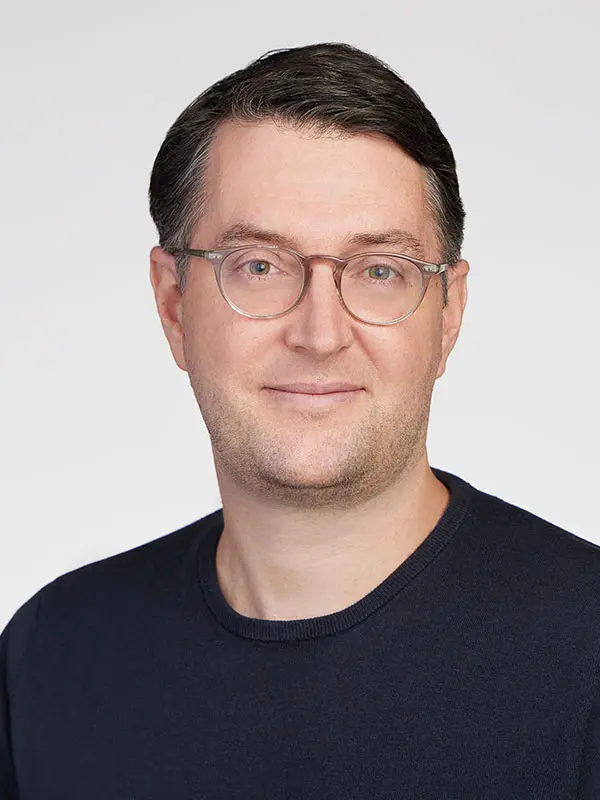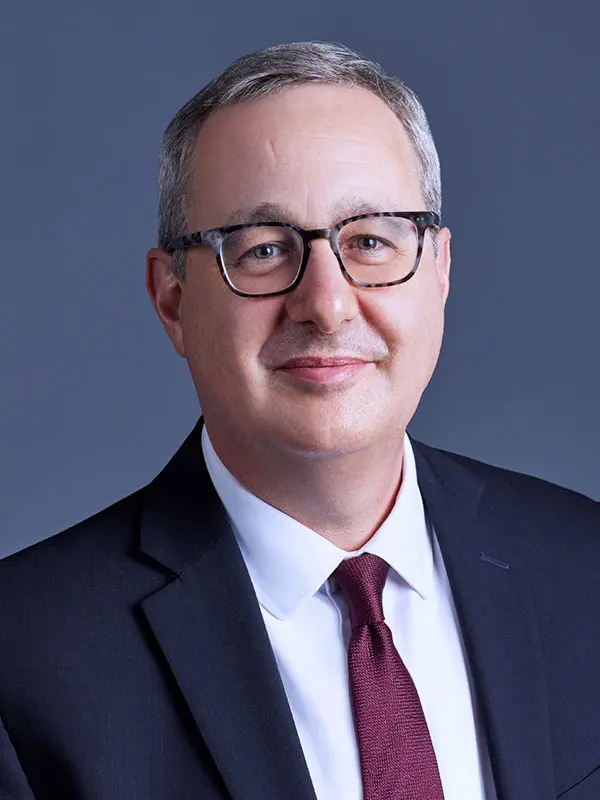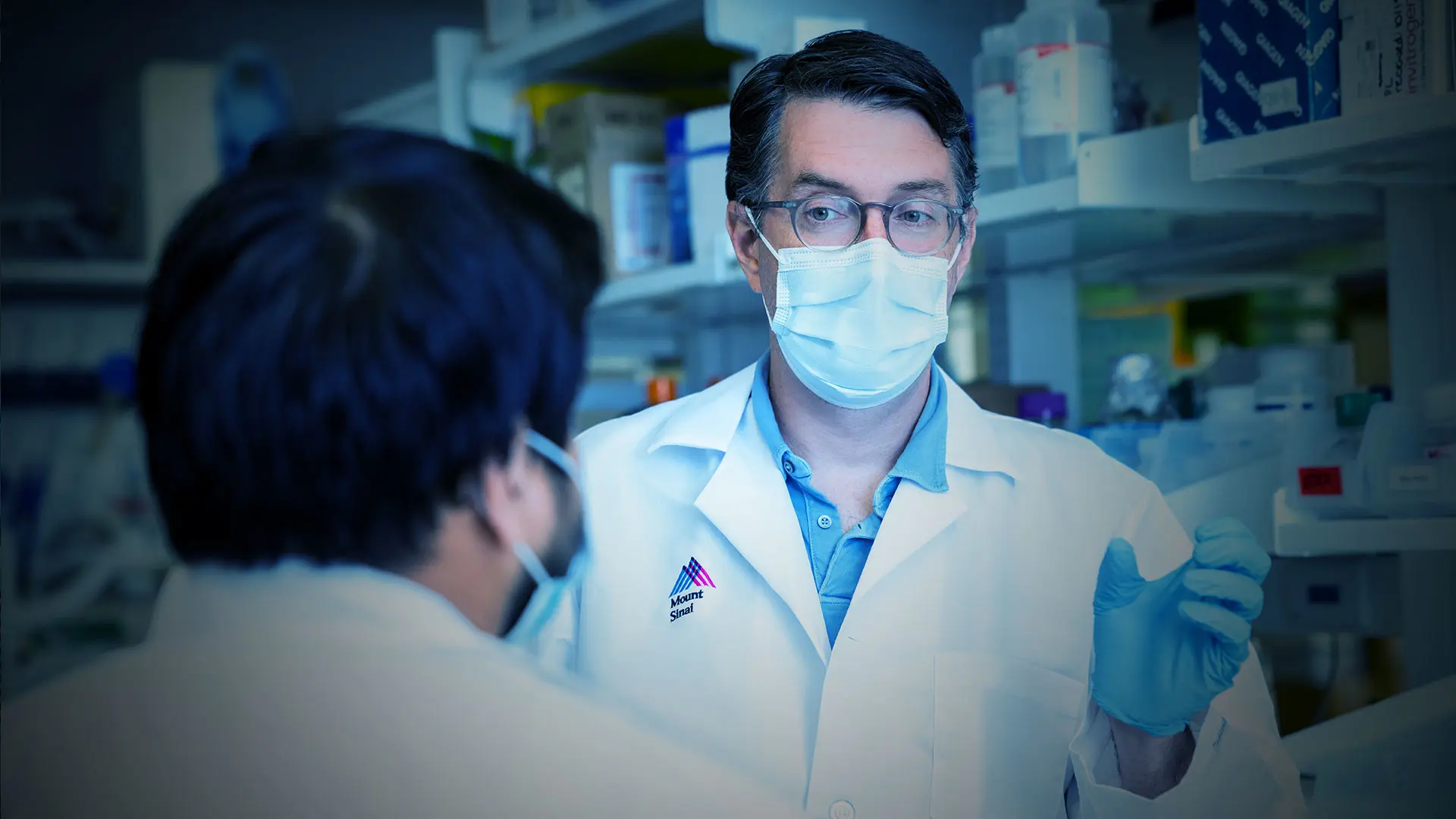Related Article
For people with severe Crohn’s disease, life often becomes a grueling carousel of narcotics and surgery, with no way off. Mount Sinai is starting to change that paradigm with a clinical study that is offering the sickest of patients a transformative therapy—autologous stem cell transplantation—that is achieving remarkable early results in this group for whom nothing in the past has worked.
“We’re finding that autologous stem cell transplants benefit about 90 percent of Crohn’s disease patients who fit very specific criteria, compared to maybe 15 percent who benefit from new drugs when they’re introduced,” says Louis Cohen, MD, Assistant Professor of Medicine (Gastroenterology) at the Icahn School of Medicine at Mount Sinai, who is heading up the trial. “Even when the disease returns, it seems to be in a different form, and patients suddenly become responsive to medication. We’re conducting rigorous research to try and understand why.”
Autologous stem cell transplants for Crohn’s disease are offered by only a handful of medical centers in the world. Liz Palen is one of the beneficiaries. Diagnosed with Crohn’s in 2012, the 36-year-old registered nurse began a 10-year regimen of biologic injectables, steroids, surgical bowel resection, and a colostomy to try and control recurring symptoms. “I had joint pain, skin rashes, fatigue, nausea, and no appetite,” she recalls. “I was on all the medications, and nothing seemed to improve my quality of life for more than a brief time.”
Desperate for a solution, she heard about the nascent field of stem cell transplants. With a referral from her local gastroenterologist, she wound up in Dr. Cohen’s office in November 2019. After determining that she met the entry criteria, Dr. Cohen carefully explained the procedure, which required nearly six weeks of hospitalization. After undergoing a baseline endoscopy, colonoscopy, and MRI to document mucosal disease activity, patients are tapered off all medications in preparation for stem cell mobilization. That process involves low-dose chemotherapy; administration of growth factors; and harvesting healthy red blood cells, immune cells, and platelets from the patient’s hematopoietic system.
“We believe that in patients predisposed to Crohn’s disease, there are certain triggers that cause the immune system to essentially go wild,” explains Dr. Cohen. “Through stem cell transplants, we’re in essence resetting, or turning back, the immune system to a time when it functioned normally.”
Ms. Palen opted to divide the procedure into two in-hospital segments, allowing her some time in between to rest. For the stem cell mobilization phase, she entered The Mount Sinai Hospital in Manhattan in December 2019, and returned three weeks later to have the harvested stem cells returned to her bloodstream. Throughout her hospitalization, she was able to access as part of the clinical trial program a panoply of support services designed to relieve the inpatient burden. These included a team of nutritionists, palliative care specialists, a social worker, a psychologist, and even a massage therapist.

Patient Liz Palen in 2020, just after receiving an autologous stem cell transplant for Crohn's disease

Ms. Palen in 2022: "It was a life-changing experience for me," she says
Within six weeks of discharge, Ms. Palen began noticing an improvement in her Crohn’s disease symptoms. At six months, she was in full remission. “I did a 180-degree turnabout in symptoms and energy level, and was able to get back to activities such as camping and golfing, which I couldn’t do before. I also got married and bought a new home. There’s no question it was a life-changing experience for me.”
As for medications, right after transplantation, Ms. Palen began taking vedolizumab—an anti-integrin agent that’s a critical part of the Mount Sinai clinical trial regimen. “Our overriding goal is complete remission for our patients,” emphasizes Dr. Cohen, “and we think that vedolizumab is an outstanding way to achieve that by keeping the immune system in check and helping to turn back the clock on the disease.” Indeed, Ms. Palen reports she is now able to take medications that were previously off the table because of antibodies her body had developed against them.
Adds Dr. Cohen, “No one has ever attempted this type of surgical and therapeutic approach before, but we believe it can open the door to stem cell transplants for growing numbers of people with Crohn’s disease before they spend years of their lives suffering.”
Featured Faculty and Division Leadership

Louis Cohen, MD
Assistant Professor of Medicine (Gastroenterology)

Bruce E. Sands, MD, MS
Dr. Burrill B. Crohn Professor of Medicine; Chief, Dr. Henry D. Janowitz Division of Gastroenterology
